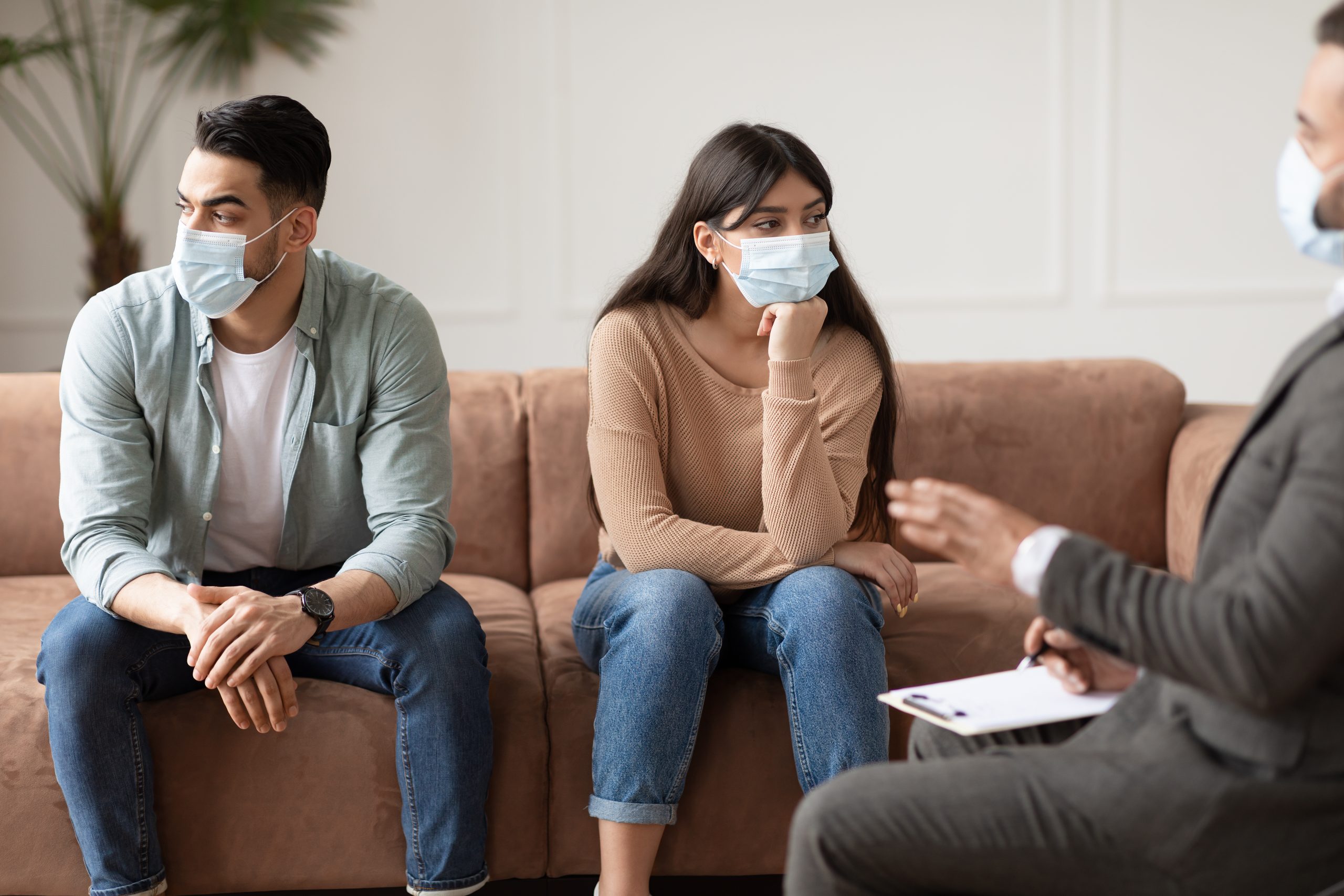Male sexual performance anxiety can have a devastating effect on their sexual health. It may result in erectile dysfunction, premature ejaculation and difficulty orgasm but here’s the solution spezialitatapotheke.
Treatment for depression can be challenging, but there are ways to help. A therapist, for instance, can work with you to reduce stress and boost self-worth.
1. Erectile Dysfunction
Everyone has had some bad experiences with sexual intercourse from time to time, but if you find yourself avoiding sexual activity altogether due to anxiety about ‘performin’ it, this could be indicative of an underlying cause of performance anxiety. A poor sex life will have a detrimental effect on both quality of life and mental health; thus, treating any causes of this condition is essential for effective management and recovery.
If you struggle with low self-esteem or body image issues, they can significantly limit the pleasure of sexual encounters. Furthermore, these issues could negatively affect your relationship with your significant other, making it harder to have a fulfilling sexual experience together.
When you feel anxious or nervous before having sex, your body releases stress hormones like adrenaline and norepinephrine. These chemicals constrict blood vessels and may make it difficult to obtain an erection.
But it’s not just that – when you’re feeling anxious or nervous before having sex, your heart rate and breathing become shallower. Additionally, you may have trouble focusing and paying attention during the act of intimacy itself.
This can create a vicious cycle and leave you unable to achieve an erection. But it’s essential to remember that erectile dysfunction and performance anxiety are two separate conditions with distinct treatments.
Therapy is the best way to address both emotional and physical causes of ED. A therapist can work with you on symptoms while developing lifestyle modifications that enhance sexual performance.
Therapists can teach you effective communication with your partner and foster trust in the intimacy. Furthermore, they offer coping skills and strategies for dealing with future episodes of sexual frustration.
In some cases, a therapist may suggest medication for your Erectile Dysfunction (ED). Oral PDE5 inhibitors or penile injections can help alleviate symptoms of ED and boost your confidence during intercourse.
You can enhance your sexual function by learning to relax and focus on the pleasure of sex. Try talking with your partner about any fears or worries before or during intimacy. Keeping thoughts and emotions under wraps will reduce stress levels which may contribute to erectile dysfunction (ED).
2. Premature Ejaculation
Many men experience anxiety before engaging in sexual activity. This feeling is known as sexual performance anxiety and it can lead to various issues like erectile dysfunction (ED) or premature ejaculation (PE).
However, the good news is that both problems are treatable. Treatment typically entails medication, therapy or healthy habits.
It’s essential to talk to your partner about the issue and get their opinion. If it’s bothering them, they may be willing to work towards finding a resolution together.
One of the primary causes of erectile dysfunction (ED) is relationship issues. Couples getting married or starting a new relationship often struggle with stress and tension over time, making it harder for men to enjoy sexual activities – often leading to premature ejaculation. Relationship problems can make it more difficult for men to enjoy healthy amounts of physical contact with each other as well.
Another common cause of ED is taking drugs, particularly antidepressants or recreational substances like marijuana. Both these substances can affect your sexual desire and libido, leading to reduced male erections.
Some men are born with genetic predispositions to premature ejaculation. Furthermore, traumatic experiences during adolescence or adulthood can increase the likelihood of premature ejaculation.
Though the exact cause of premature ejaculation remains unknown, experts believe it to be a complex interaction of psychological and biological elements. Premature ejaculation can be difficult to manage, with serious negative repercussions for sexual satisfaction, intimacy and the ability of men to maintain meaningful relationships with their partners.
Drugs, therapeutic options and sexual techniques can delay the time between orgasm and ejaculation, increasing sexual satisfaction and intimacy while potentially improving a patient’s quality of life. Unfortunately, these therapies tend to be costly so it should be carefully evaluated before beginning them.
A multidisciplinary approach can guarantee patients accurate, realistic information regarding the risks and success rates of all potential treatments. This will enable them to make an informed decision about pursuing treatment.
When treating depression, the primary drug of choice is a selective serotonin reuptake inhibitor (SSRI). While these drugs can be effective, they may cause side effects and require long-term usage to ensure effectiveness.
3. Orgasm Problems
In some instances, sexual performance anxiety can wreak havoc on a man’s orgasms. This could occur if they become so anxious about performing well that they neglect getting the necessary lubrication, or when their focus is diverted away from enjoying physical contact.
Another issue that may cause orgasm issues for men is when they suffer a sexual injury from an assault. This occurs more often in men than women and often results in difficulty achieving orgasms during intercourse, especially if the victim of such attacks has a history of anxiety or depression which make it harder to reach full orgasm.
Sexual trauma survivors may develop post-traumatic stress disorder (PTSD), characterized by negative emotions and thoughts about their past sexual experiences. PTSD may also lead to anxiety-related orgasm disorder, which is marked by difficulty achieving orgasms and an infrequent frequency of them.
Orgasmic dysfunction can be treated by consulting with a physician or therapist. Your healthcare provider will ask about your sexual life and conduct tests to rule out any physical or psychological causes for the issue.
If your doctor can’t identify a cause of the issue, they may prescribe medications to help you relax and reduce anxiety. These include antidepressants that reduce levels of stress hormones epinephrine and norepinephrine in your body. They could also suggest other drugs like beta blockers which lower blood pressure, making it easier to achieve an erection.
Some doctors suggest psychotherapy, which can help address the underlying issues causing your orgasm problems. This type of therapy can be done alone or in a couple’s setting and helps both of you understand what each other needs from sexual activity and how to communicate about it effectively.
The most efficient way to deal with orgasm issues is by consulting a therapist who specializes in this area. This can be an ideal solution for resolving your sex problems and improving your relationship with your partner.
4. Depression
Depression can put a great deal of strain on relationships, so it’s no shock that those suffering from it often experience some sort of sexual performance anxiety. Unfortunately, for many individuals this anxiety may lead to diminished libido or even erectile dysfunction.
The problem begins in the brain, where chemical signals that trigger sexual desire are sent to various sex organs. This communication process is highly sensitive and when disrupted by depression or other mood disorders, it can result in issues with sexual function.
Depression can have a detrimental effect on a man’s sexual drive by reducing his self-esteem and confidence, according to Amy Delaney PhD – assistant professor at Millikin University in Illinois and author of a 2018 study exploring the connection between depression and sexual intimacy.
Depression can also negatively impact a man’s sexual drive by making him feel inadequate for his partner. This feeling may be magnified if there are unfulfilled expectations about how well they perform sexually.
If you’re dealing with depression and having difficulty initiating sexual activities or any of the other symptoms mentioned above, talk to your doctor. He or she may prescribe medications that can help increase libido and get your sexual life back on track.
You may wish to try some coping techniques like meditation or pelvic floor exercises which may help reduce feelings of anxiety. However, if these don’t work for you, psychotherapy could be necessary.
Zar suggests that seeing a therapist can help address the underlying causes of your sexual performance anxiety. They may provide strategies for dealing with your fears, such as focusing on the present moment and relaxing before engaging in sexual activity.
Finally, you can collaborate with your partner to enhance communication and problem-solving abilities. Open and honest communication will help alleviate some of the feelings contributing to performance anxiety such as resentment or feeling unworthy.









